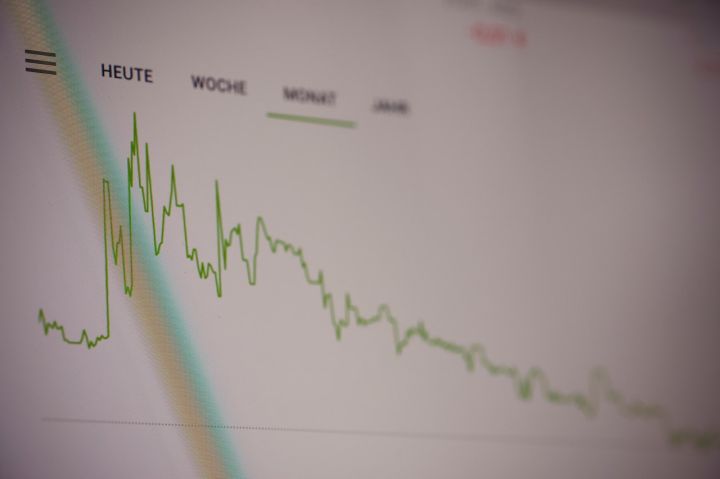Difference Between A Stock Exchange And A Stock Company
A stock exchange is a legal person that provides premises and facilities for the centralized trading of securities, organizes and supervises the trading of securities, and exercises self-regulation.
Soros Investment Tip No. 11: Open Access To Information And Look At The Macro Economy
There are long-term, medium-term and short-term trends in the price movements of traded instruments.
Advantages And Disadvantages Of Blockchains
Most blockchains are designed as decentralised databases and function as the equivalent of a distributed digital ledger.
Soros Investment Tip No. 9: Invest First, Investigate Later
Soros' theory of interactions only provides him with the direction of his investment objectives and the means to seize potential opportunities, not the precise orientation or the timing of important turns.
What are the methods and tips of family finance?
For families, a reasonable financial management method will maximize the income. Family financial management is conducive to the rational distribution of funds and the correct earning, saving and spending of money. What are the family financial management methods? What are the family financial tips? Xicai Jun has prepared relevant contents for you for reference.
The Impact Of Monetary Policy On The Stock Market
Monetary policy is also an important part of the country's macroeconomic policy, which also serves to promote stable economic development.
What Is a Fund Contract
A fund contract is a contract or agreement between parties to a fund with equal status to regulate the rights and obligations between them in the fund's activities.
What Is a Fund Trading Account
A fund trading account is an account opened by a selling institution for an investor to record the movements and balances of fund shares bought and sold through that selling institution.
What Are Warrants?
A share warrant is a marketable security issued by the issuer of the underlying security or a third party other than the issuer, which provides the holder with the right to buy or sell the underlying security from the issuer at an agreed price within a specified period or on a specified maturity date, or to receive the settlement spread through cash settlement.




